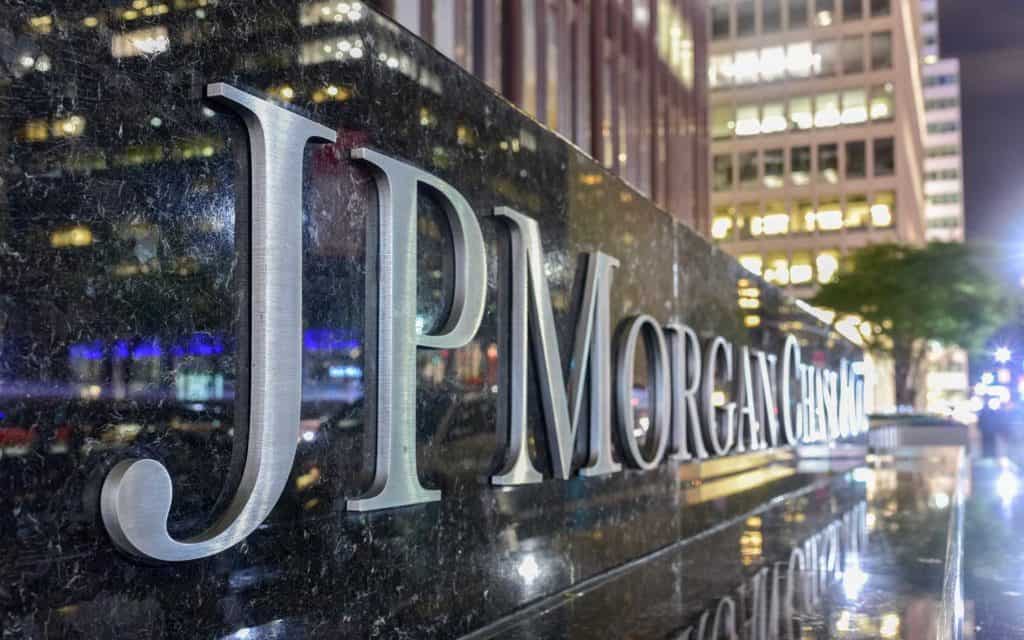Join Our Telegram channel to stay up to date on breaking news coverage
JPMorgan Chase, one of the largest and most influential banking institutions in the world, has come under some fire once more for some perceived financial misconduct.
Earlier this week, news medium Bloomberg reported that the company is gearing up to face an investigation over the conduct of 12 traders of precious metals. Per the report, the employees in question helped to fix the prices of precious metals severally, leading to losses on behalf of both the bank and its trading customers.
Assistant Attorney General Brian Benczkowski reportedly said,
“Based on the fact that it was conduct that was widespread on the desk, it was engaged in thousands of episodes over eight years… We’re going to follow the facts wherever they lead, whether it’s across desks here or at any other bank or upwards into the financial institution.”
Considering the stance of JPMorgan chief executive Jaime Dimon on cryptocurrencies, it wouldn’t be surprising if this development becomes the latest piece of fodder in the “Bitcoin vs. the traditional financial industry” argument.
The comment section has already begun buzzing, however. Reacting to the news, a popular crypto analyst on Twitter, known to many as “Rhythm,” commented, “They were charged with wire fraud, bank fraud, and market manipulation. But I was told by the CEO that Bitcoin is the fraud.”
This also isn’t the first time that JPMorgan is coming under fire this year alone for acts that we can all agree are in violation of contemporary conventions. Back in July, United States shipping authorities confiscated a vessel owned by the bank in Philadelphia, after they discovered 39,525 pounds of cocaine in it.
At the time, the street value of the total loot was about $1.3 billion; making this the most massive cocaine bust in recorded history (by monetary value, anyways). For comparisons, Bitcoin was discovered to have been involved in $515 million worth of illegal activities between January and June. In a day, the financial industry was able to obliterate that number.
It was eventually discovered that JPMorgan had no control over the vessel whatsoever, as it belonged to the Switzerland-based Mediterranean Shipping Company. Still, given that the Mediterranean Shipping Company is holding in a fund run by JPMorgan, you can understand how such a case would be a bad look.
The trail of dubious deeds isn’t limited to JPMorgan (or American banking institutions, for that matter) alone. Back in 2017, Deutsche Bank was fined $630 million after authorities investigated the company over claims of money laundering. The company’s staff reportedly helped clients to transfer cash from criminal activities (amounting to $10 billion in some instances) to offshore accounts.
In 2018, Luis Fernando Figueroa, a banker at Wells Fargo, pleaded guilty to money laundering charges, admitting that he had laundered about $19.6 million in drug proceeds on behalf of Mexican drug cartels between 2014 and 2016.
What’s the point of all this? It’s time Wall Street stopped pretending to hold the moral high ground. It might be more regulated than the crypto space, but the financial industry has its hand it just as many questionable cookie jars as the industry it keeps fighting.
Join Our Telegram channel to stay up to date on breaking news coverage


